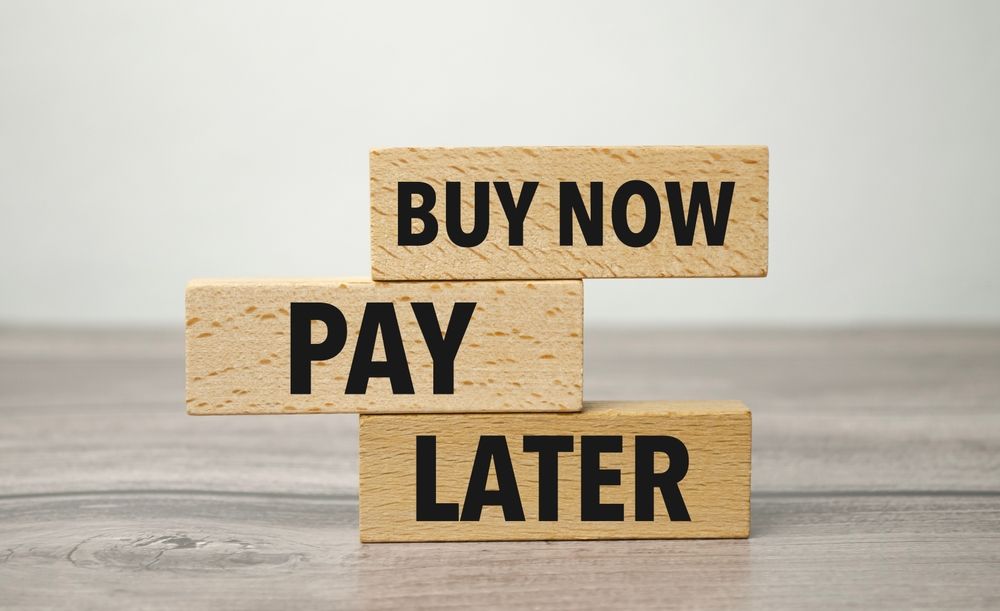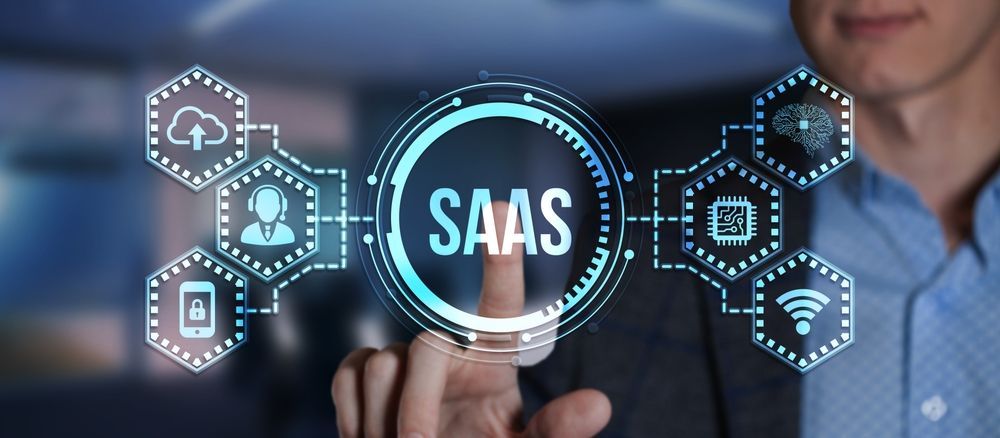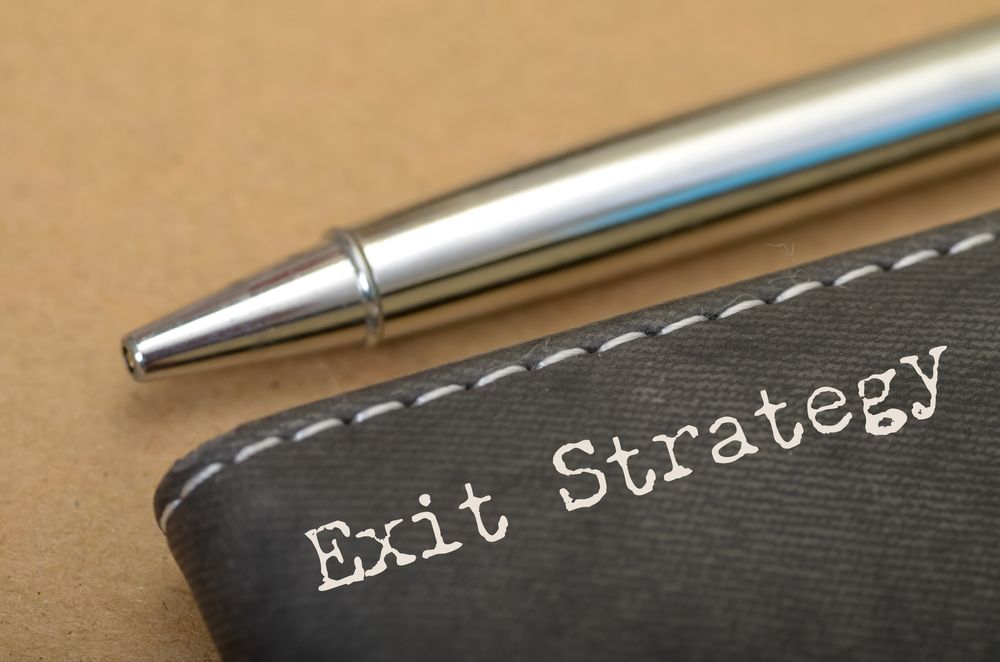Buy Now Pay Later (BNPL) Market: Risks and Realities
May 19, 2022
Share This Article

What is Buy Now Pay Later?
Buy Now Pay Later (BNPL) is a short-term loan that allows consumers to make purchases and spread the cost over a future series of installments, usually weeks or months. The first installment is due at checkout, followed by equal payments period by period. While short-term BNPL products are typically interest-free, longer-term products may charge interest. BNPL’s use has expanded from online purchases to purchases in-store and has become popular in purchases involving electronics, fashion retail, furniture, and appliances. BNPL has even extended to services like travel and even health care.
There are various significant players in the industry—Affirm, Afterpay, Klarna, Sezzle, Zip (formerly QuadPay), Clearpay, Laybuy, and PayPal’s new BNPL model. Additionally, there are dozens more domestically and internationally.
BNPL is a highly convenient way to spread consumption costs, though, as it becomes more popular among Millennials and Gen Z shoppers, voices of concern are beginning to grow louder.
Growth in BNPL
More and more people are opting to use BNPL services for their shopping each year. An estimated 15 million adults of all ages in the U.K. are actively using this form of credit, increasing by more than two million since the start of the year. Similarly, a 2021 report by Accenture showed BNPL users in the U.S. have increased by 300% since 2018, now reaching 45 million active users in 2021 and expected to reach 76 million by 2025. The vast majority of BNPL users across the globe are traditionally Millennials and Gen Z, although baby boomers are slowly adopting it.
Additionally, the user base is predominantly assembled of lower-income consumers who may lack more traditional forms of credit. Rapid growth also resulted from the devastating economic effects of the COVID-19 pandemic. In these times of uncertainty, consumers could spread their costs (without interest) for products they would have otherwise been unable to purchase if required to pay in full at checkout. BNPL’s growth is undeniable, and it is estimated that by 2023, 3% of the global e-commerce revenue will come from BNPL.
BNPL Deals
With the amount and magnitude of deals occurring in the BNPL industry, some people are dubbing BNPL as the ‘hottest business in payments.’ As you can imagine, payments companies are rushing to get in on the act. Although BNPL is fetching high multiples, most are choosing to buy instead of build. The fastest way to get a slice of the pie is via M&A. 2021 saw Block’s all stock purchase of AfterPay for $29 billion. Similarly, PayPal purchased Paidy in a $2.6 billion cash deal. Though, not all deals are megadeals. In 2021, 50% of all M&A activity in the payments industry revolved around BNPL. Evidently, no one wants to miss the boat on BNPL and the easiest way to get on is by way of acquisition.
Benefits to BNPL
BNPL offers various benefits for consumers and merchants alike. For consumers, the primary benefit of BNPL is credit, especially for lower-income consumers with limited means. According to Ascent’s 2021 poll, 45% of U.S. adults who used BNPL said these products enabled them to make purchases that would not traditionally fit their budget. Additionally, BNPL offers a predetermined repayment schedule; consumers prefer the simplified repayment schedule set by the BNPL product instead of credit card debt, for which consumers must organize their repayment plan. Finally, consumers with little to no credit history can also use BNPL to build credit. BNPL providers have begun offering programs that allow users to submit their repayment history to credit bureaus to build their creditworthiness and improve their credit scores.
Similarly,
merchants who have adopted BNPL as a payment option have experienced several benefits. Reports from two industry leaders, Klarna and Affirm, indicate that merchants who adopt this payment option have encountered less cart abandonment and a 20% repeat purchase rate. The prearranged and fixed amount installments have also made goods and services more obtainable to the consumer, increasing their propensities to consume, thus increasing the average transaction values of their shop. Additionally, merchants often face exposure to chargebacks and fraud risks. However, by implementing BNPL products, the merchant no longer bears the risk, and the BNPL firm assumes all uncertainty. Lastly, merchants can gain a competitive advantage as more consumers are attracted to those offering these BNPL payment plans.
Concerns with BNPL
High growth and lack of regulation have raised some concerns, particularly about users spending more than they can afford. Due to lack of regulation in the U.K. and U.S. alike, BNPL firms bear no responsibility to run complete affordability assessment checks on customers. As a result of the incomplete credit checks, also known as ‘soft credit checks,’ consumers can accumulate debt across multiple lenders and risk 'financial overextension.’ The BNPL companies would be unaware of further exposure.
The availability of BNPL can also encourage impulse buying. Klarna and Affirm estimate that those who spread costs with BNPL raise their order value by 81% compared to those who pay upfront. These purchases can be challenging to manage when purchasing through various BNPL products. In addition, the use of multiple products can often result in late and missed payments leading to interest accrual on the outstanding credit. Although the user base is growing, the millennial and Gen Z demographic is specifically at risk. Younger consumers’ ability to access credit in the future or employment prospects may be adversely affected by their financial troubles with BNPL today.
Additionally, while BNPL does benefit merchants, they also bear the consequences of the implementation of BNPL. Typical credit or debit card transactions cost 1 to 3 percent of the transaction value. That cost pales compared to a BNPL transaction which varies from 1.5 to 7 percent of the total transaction value. By merchants offering to accept these interest-free payment products, they risk losing purchasing products like debit or prepaid cards, which cost them less to accept.
This could lead to the cost of purchasing products with BNPL outweighing the value in the long term. In addition, merchants must consider whether BNPL products fit what they are selling and may have to implement a minimum transaction value to avoid losing money. Another disastrous situation arises for merchants in the event of returned or damaged products. While merchants benefit from realizing fewer returns from users paying with BNPL, the process can be arduous in returning money to the correct party when the situation arises.
Conclusion
BNPL’s growth is undeniable as it is increasingly offered by merchants and used by consumers. While it benefits consumers and merchants alike, it also comes with many concerns and uncertainty. Regulation may need to be enacted to better protect the consumer and make them aware of the financial risk they bear by employing BNPL products. Additionally, merchants must carefully weigh the costs versus benefits of offering these payments options as regulation seldom intervenes in this regard.





